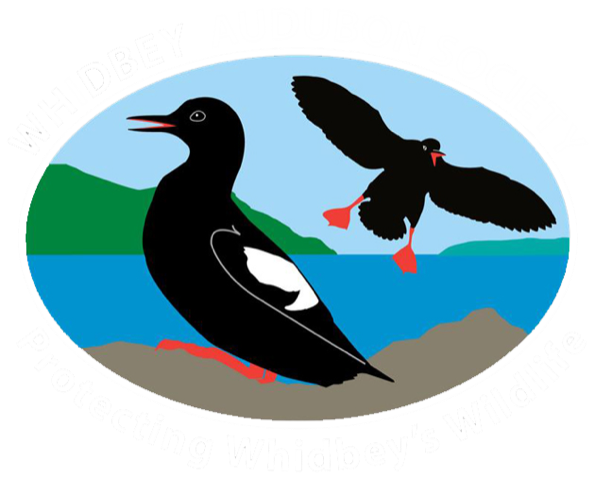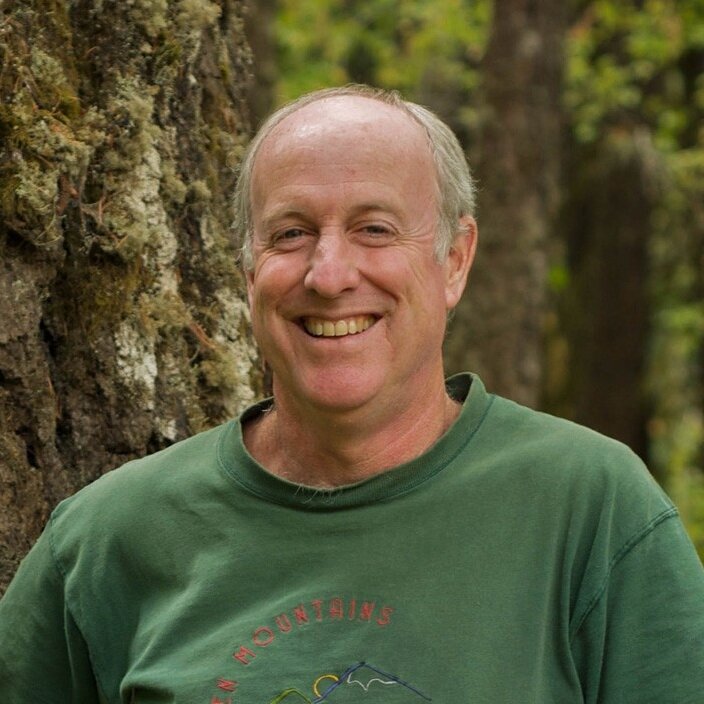September Program - Via Zoom
Our speaker for September is Dr. Doug Tallamy, an entomologist at the University of Delaware. The 3-hour time difference precluded a live presentation, so we will watch a pre-recorded webinar.
Tallamy’s first book, Bringing Nature Home (2007), emphasized the link between native plant species and native wildlife. His empowering new book, Nature’s Best Hope (2020) expands on that with research conducted in the intervening decade by his graduate students and others.
Do you consider birds or pollinators in your landscaping? You have likely selected plants to provide berries or seeds for birds, or flowers to support insect pollinators. But have you thought about the food our songbirds need to raise their young? The most important food source for most of our backyard birds is caterpillars. Nestlings of one pair of chickadees may consume between 6,000 and 9,000 caterpillars before they fledge, all foraged within a 150-foot radius of the nest. We may not have breeding birds if we don’t have enough caterpillars.
A 2018 study of Carolina Chickadees in the D.C. area found that chickadees can’t reproduce enough to survive in yards made up of more than 30 percent non-native plants. Many plant species in our landscapes are non-natives from Asia or Europe. They look nice, but the researchers found they are terrible for chickadees. Of plant-eating insects, 90 percent only eat one or a few species of plants, so non-native landscapes have few bugs and less bug diversity. Bugs are the primary source of food for most terrestrial birds.
Tallamy shows how individual homeowners and landscapers can help reverse birds’ decline, one yard at a time. He says, “It is not the presence of non-native plants that destroys food webs. It is the absence of native plants.”
This presentation will have you marveling over caterpillar diversity and inspired to enhance the ecological productivity of your yard, of whatever size, with keystone native plants that host caterpillars. It will also be a great lead-in to our October 14th program by Carolyn Wilcox on “Birdscaping.”
Our Monthly Programs are free and open to all. If you are not a Whidbey Audubon Society member and would like to attend, please register below. We’ll send a Zoom JOIN link to all members and registered nonmembers. If you do not see our Zoom invitation email by the morning of September 9th, please check your spam folder. If you still do not find it, contact publicity@whidbeyaudubonsociety.org. Registration closes at 8:00 PM the day before the program.
And, if you are not a member, please consider joining us. Members receive notifications of upcoming events and do not need to register for our monthly Programs.


